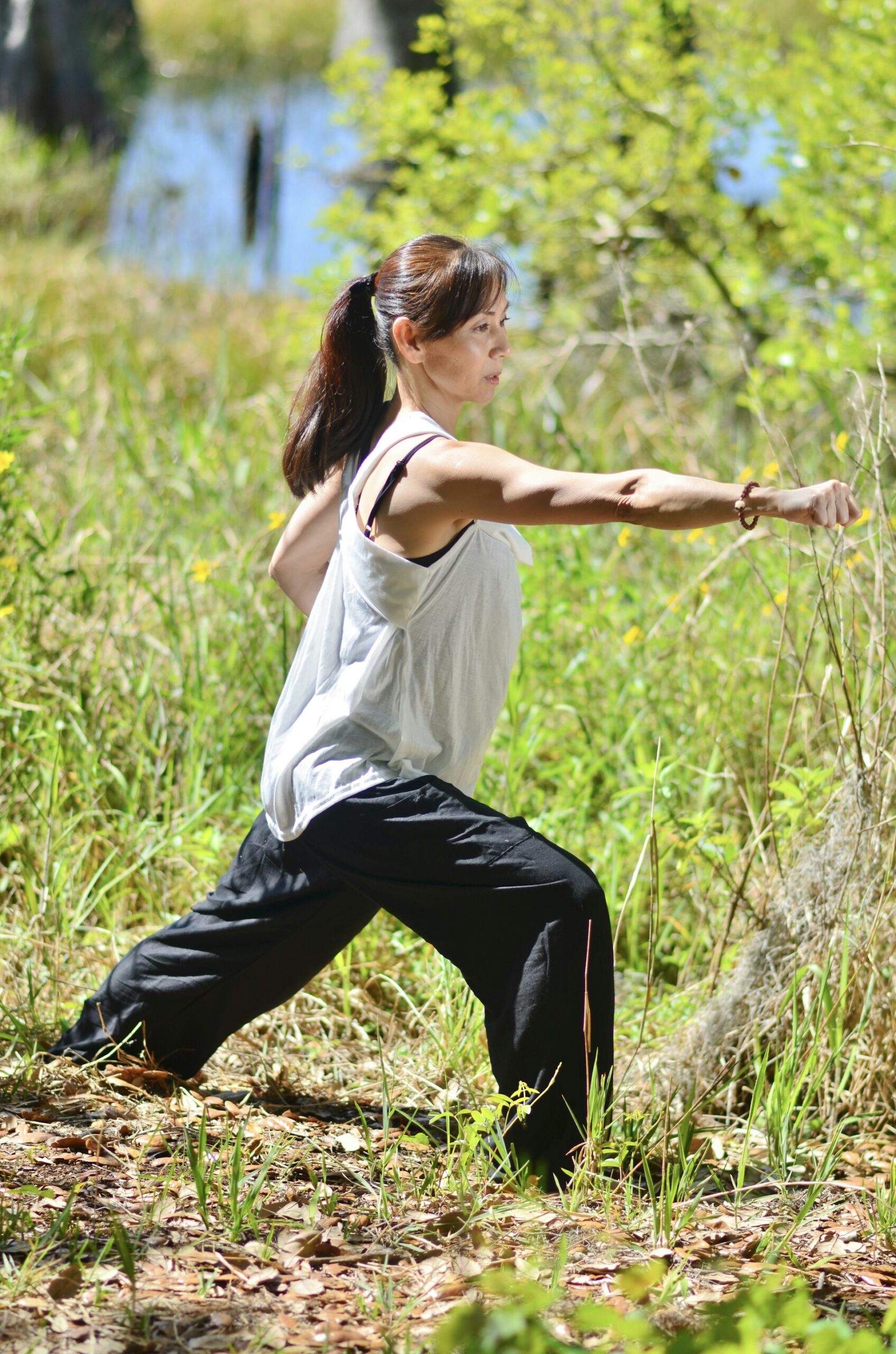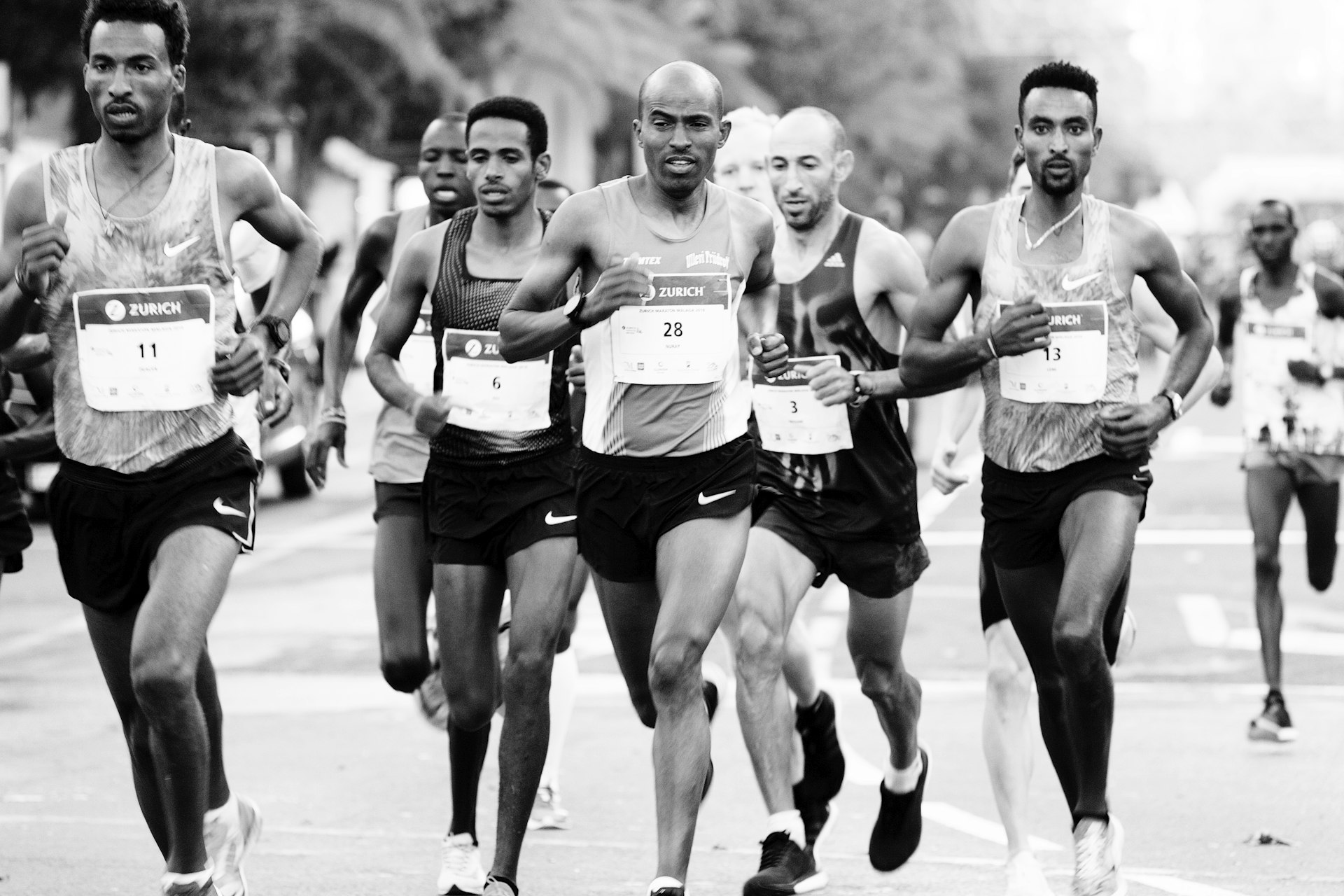Transforming Veteran Well-Being: The Critical Role of Adaptive Fitness Programs

Photo by Federico Faccipieri on Unsplash
Introduction
Adaptive fitness programs are making a profound difference in the lives of veterans, especially those living with physical disabilities, chronic injuries, or mental health challenges. Military service often instills a foundation of physical fitness and mental resilience, but maintaining these habits in civilian life can be daunting. Adaptive fitness solutions provide tailored support, helping veterans reclaim mobility, rebuild their sense of purpose, and foster powerful social connections. This article explores the importance of adaptive fitness programs for veterans, details key benefits, and provides actionable guidance for accessing these vital resources.
Why Adaptive Fitness Matters for Veterans
For veterans, physical activity is more than just exercise-it’s a gateway to recovery, independence, and community. Adaptive fitness programs are specifically designed to accommodate a wide range of abilities, ensuring that every veteran can participate regardless of injury, disability, or chronic condition. The impact of these programs is multi-dimensional, encompassing physical, mental, and social health:
- Physical Rehabilitation: Adaptive fitness helps veterans improve cardiovascular health, strength, flexibility, and overall functional mobility. These activities are often integral to rehabilitation, aiding in recovery from injuries, amputations, and chronic conditions [1] .
- Mental Health Benefits: Engaging in adaptive sports and fitness releases endorphins, reduces stress and anxiety, and fosters mental resilience. Veterans who participate regularly report improved mood, reduced symptoms of PTSD, and enhanced self-esteem [1] .
- Social Connection: Many adaptive fitness programs are team-based, building camaraderie, teamwork, and a sense of belonging-key factors in combating isolation and rebuilding confidence after service [1] .
Leading Adaptive Fitness Programs for Veterans
Several organizations and agencies offer adaptive fitness programs tailored for veterans. Each program has unique features, eligibility criteria, and pathways to participation. Below are some of the most impactful options:
VA Adaptive Sports Program
The U.S. Department of Veterans Affairs (VA) operates one of the nation’s most comprehensive adaptive sports and fitness programs. This initiative connects veterans to activities such as wheelchair basketball, adaptive cycling, and strength training through local and national events. Veterans with disabilities, amputations, spinal cord injuries, and PTSD are eligible.
How to Access: To join, visit the official VA Adaptive Sports page at [5] and follow instructions to apply or locate events in your area. Alternatively, you can inquire at your local VA Medical Center for program availability.
Wounded Warrior Project – Physical Health & Wellness
The Wounded Warrior Project (WWP) offers a Physical Health & Wellness program designed to help veterans make lasting lifestyle changes. This includes group classes, virtual workouts, in-person events, fitness coaching, and adaptive equipment support. The program is inclusive for all fitness levels and is tailored to individual needs.
How to Access: Visit the official WWP Adaptive Sports program page at [3] for registration details, eligibility criteria, and contact information. Veterans can also call the WWP Resource Center for personal guidance.
Adaptive Training Foundation
For veterans seeking customized fitness programs, the Adaptive Training Foundation (ATF) provides intensive, individualized support to help regain mobility, build strength, and restore confidence. Their approach combines physical training with mental health support, helping veterans achieve holistic wellness.
How to Access: You can search for “Adaptive Training Foundation veteran programs” online or contact your local VA Medical Center for referrals. Many veterans find success by networking with other participants or seeking recommendations through veteran service organizations.
Move United & Paralyzed Veterans of America
Move United and Paralyzed Veterans of America (PVA) offer local and national adaptive sports opportunities, ranging from recreation to competitive events. These organizations specialize in providing equipment, coaching, and community support tailored to different disabilities.
How to Access: Search for “Move United adaptive sports” or “Paralyzed Veterans of America sports” to find verified program information and local contacts. Your VA healthcare provider may also recommend specific programs based on your needs [2] .
Step-by-Step Guidance to Access Adaptive Fitness Programs
If you’re a veteran considering adaptive fitness, follow these steps to get started:
- Consult Your Physician: Before starting any new fitness program, consult your healthcare provider to ensure activities are safe and appropriate for your condition [3] .
- Identify Your Needs: Consider your physical challenges, mental health goals, and preferred activities. Each program offers different sports and levels of intensity.
- Research Programs: Use official sources and veteran organizations to research verified opportunities. For VA programs, visit [5] . For WWP, visit [3] . For others, use official organization names in your search.
- Apply or Register: Follow the application or registration instructions provided on official websites or through your local VA center. Many programs require documentation of disability or service status.
- Participate and Engage: Attend events, training sessions, and community gatherings. Don’t hesitate to ask for support, coaching, or adaptive equipment as needed.
- Stay Connected: Build relationships with fellow veterans, staff, and coaches. Many programs offer ongoing support, peer mentorship, and opportunities for competitive advancement.
If you encounter challenges in finding or joining a program, contact your local VA Medical Center, veteran service organization, or healthcare provider for personalized assistance. You may also consider reaching out to national organizations such as Move United or Paralyzed Veterans of America for guidance.
Real-World Impact and Case Studies
Veterans participating in adaptive fitness programs often experience transformative changes. For example, a veteran with a spinal cord injury may regain independence through wheelchair sports, while another with PTSD may find relief and renewed purpose in team-based activities. Peer support and competitive events foster a sense of achievement and belonging, helping veterans set and reach personal goals [1] .
National events like the National Veterans Wheelchair Games and National Veterans Summer Sports Clinic provide opportunities for veterans to compete, connect, and showcase their progress. These events are supported by the VA’s Office of National Veterans Sports Programs and Special Events [5] .

Photo by Elevate on Unsplash
Challenges and Solutions
While adaptive fitness programs offer immense benefits, veterans may face obstacles such as limited local resources, uncertainty about eligibility, or concerns about safety. To address these challenges:
- Seek Guidance: Contact official agencies, such as the VA or WWP Resource Center, for program recommendations and eligibility clarification.
- Access Grant Programs: The VA provides grant funding to organizations expanding adaptive sports activities for veterans. If you’re interested in creating or leading a local program, inquire about the Grants for Adaptive Sports Programs for Veterans at the official VA website [5] .
- Utilize Virtual Options: Many programs offer virtual classes, online coaching, and telehealth support to reach veterans in remote areas.
- Connect Locally: If national programs are not accessible, seek out community-based fitness organizations or recreational centers that support veterans. Ask your VA provider for referrals or search for “local adaptive sports for veterans.”
Alternative Approaches
If traditional adaptive sports programs are unavailable, veterans can explore alternatives such as:
- Customized Home Fitness Plans: Work with a physical therapist or fitness coach to develop a tailored exercise regimen.
- Peer-Led Groups: Organize small-group workouts with fellow veterans, focusing on mutual support and accountability.
- Therapeutic Arts Programs: The VA also supports adaptive arts initiatives, helping veterans express themselves and build confidence through creative outlets [5] .
Key Takeaways
Adaptive fitness programs play a vital role in helping veterans overcome physical and mental health challenges, regain independence, and reconnect with their communities. By leveraging verified resources, programs, and support networks, veterans can find pathways to improved health and well-being tailored to their individual needs.
References
- [1] Warrior Allegiance (2024). Adaptive Sports for Disabled Veterans: Benefits and Opportunities.
- [2] Boots to Health Foundation (2024). Top 5 Adaptive Fitness Programs for Veterans with Disabilities.
- [3] Wounded Warrior Project (2024). Adaptive Sports for Veterans.
- [4] Vets Guardian (2024). Fitness and Well-being for Veterans: Programs and Advice.
- [5] U.S. Department of Veterans Affairs (2025). VA National Veterans Sports Programs.
MORE FROM mysearches.ai













